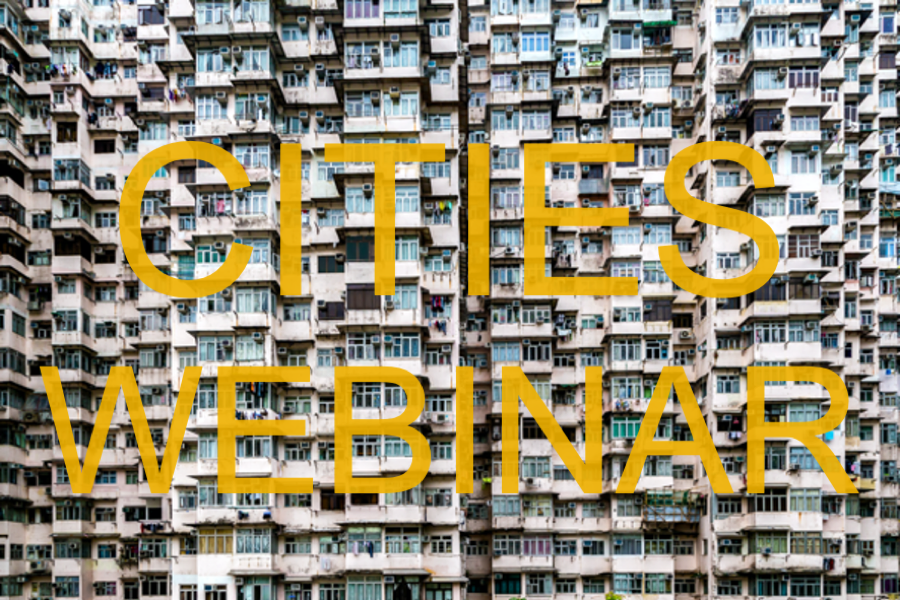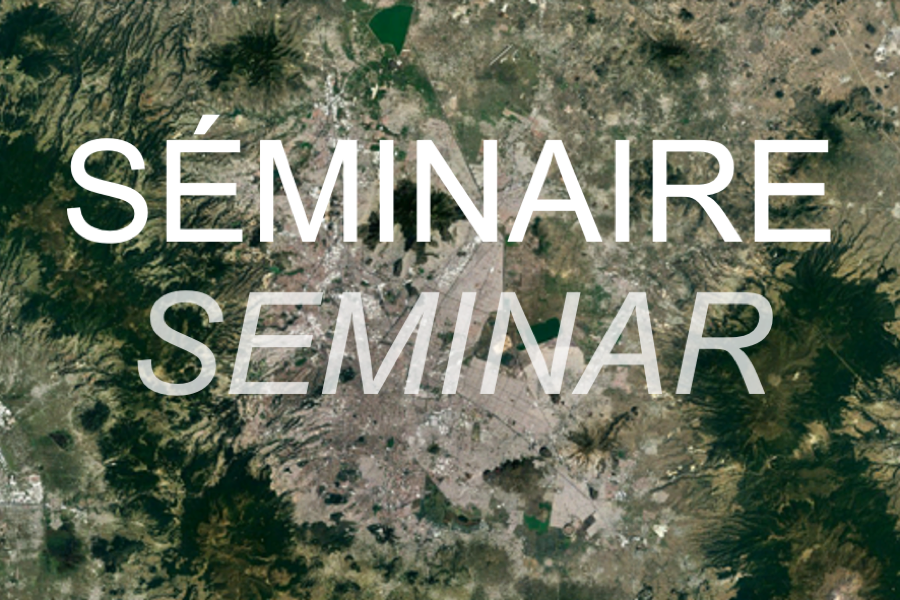
Luca Pattaroni, Amita Bhide, Christine Lutringer. Presentation of the book “Politics of Urban Planning: The Making and Unmaking of the Mumbai Development Plan 2014–2034”, 29.09.2022, 5:30PM-7:15PM
16 September 2022
MaxPo seminar, “The Density Paradox: How Rising Geographic Inequality is Reshaping American Democracy”, 10.10.2022, 3pm-4:30pm
27 September 2022Salvatore Paolo de Rosa, Joost de Moor, & Marwah Dabaieh “Vulnerability and activism in urban climate politics: An actor-centered approach to transformational adaptation in Malmö (Sweden)”, Cities, 2022
Nous vous signalons la parution d’un article de Salvatore Paolo de Rosa, Joost de Moor et Marwah Dabaieh dans la revue Cities intitulé “Vulnerability and activism in urban climate politics: An actor-centered approach to transformational adaptation in Malmö (Sweden)“.
Abstract
Climate change adaptation is rising on the agenda of cities. However, critics have argued that urban adaptation efforts largely focus on preserving economic growth while overlooking the root causes of unequal vulnerability to climate impacts, giving rise to climate injustices. In response, literature on transformational adaptation has politicized these issues but it has remained largely conceptual, particularly in relation to the question of which actors can define and advance transformative approaches. Furthermore, existing empirical studies focus on positive cases while ignoring why these issues more commonly are not politicized. In this article, we add empirical rigour to these debates through an investigation into Malmö’s climate politics. We analyse what enables or inhibits the role of three political outsiders – disadvantaged communities, climate movements and social justice activists – in politicizing urban climate adaptation. We find that, while the most vulnerable social groups struggle with climatic impacts and experience difficulties in politicizing these issues, climate movements remain focused on climate mitigation and largely ignore local adaptation. In turn, we highlight the untapped capacity of social justice activism to act as social infrastructure for adaptation. Our findings suggest that alliances between the victims of adaptation injustices and local activist groups could support the politicization of those grievances by responding to emerging needs and by building policy-oriented pressure for transformational adaptation. However, we identify several factors that limit this potential, thereby contributing to an understanding of why social movements sometimes do not live up to their transformational potential.

